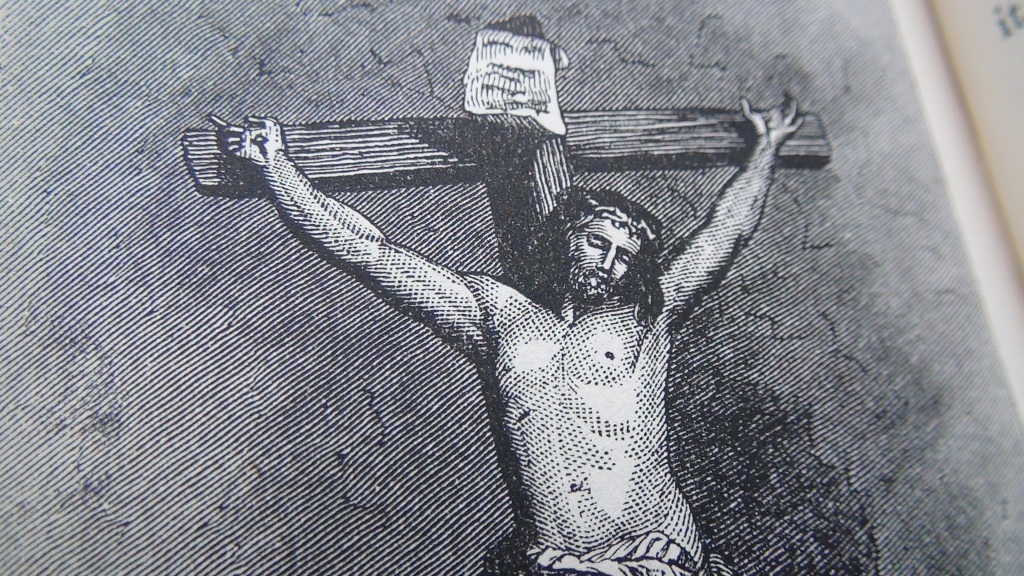
Over the last 20 years I have been in a continuous and sporadic confrontation with the 5 Point Calvinist view of Limited Atonement. I have read books, articles, listened to sermons, debates and had many conversations with a number of believers who hold to the the view that Christ did not die for the whole world but only for His elect.
I reject that viewpoint.
In the Bible there many verses that state that Jesus Christ died for all, yet according to many 5 Point Calvinists, this word all, does not always mean all. Fair point, there are times when all does not mean all. Does that observation however mean that Jesus Christ did not die for the whole of mankind? No, it does not.
At this stage, there is little point my listing the considerable amount of New Testament verses which are believed to affirm that Jesus died for all mankind, since 5 Point Calvinists differ to the plain interpretation of these passages. So I will focus upon one passage and work my way from there.
In Matthew 26: 17-30 Jesus celebrates the Passover with His disciples and institutes the Lord’s supper. Those who were present were the 12 disciples. This includes, Peter, James, John, Andrew, Philip, Judas Iscariot, Judas Thaddeus, Matthew, Thomas, James (son of Alpheus), Bartholomew, and Simon the zealot.
The feast took place on the evening of the first day of the feast of Unleavened Bread (Matthew 26: 17). Verse 20 says “When evening had come, He sat down with the twelve.” Then Jesus refers to the one who will betray Him (verse 21) and the disciples are exceedingly sorrowful and they ask the question “Lord, is it I?” (verse 22) Then Jesus responds by saying “He who dipped his hand with Me in the dish will betray Me.” (verse 23) He then goes on to say “woe to that man by whom the Son of Man is betrayed! It would have been good for that man if he had not been born.” (verse 24)
Then Jesus takes the bread, blesses and breaks it and gives it to His disciples saying “Take, eat; this is My body.” (verse 26) We assume all 12 disciples ate the bread at this point. Then in verses 27-28 Jesus takes the cup and says “Drink from it, all of you. For this is My blood of the new covenant, which is shed for many for the remission of sins.“
This word translated many is is described by Greek scholars as meaning what it says on the tin, a large number. There is basically no limitation to that word. The word “shed” describes a pouring out in a sacrificial sense and is steeped in Old Testament knowledge. He means that without this shedding of blood there is no remission of sin or sins.
When you consider the unmoveable fact that Judas was present when Jesus said that and when He offered all 12 disciples to eat and drink this Passover, we cannot but assume that He said this to all 12 disciples including Judas.
Thus, if Limited Atonement were true as is stated in the 5 Points of Calvinism, then Christ only died for His elect who would believe in Him and be saved. This would exclude Judas. Yet here in Matthew 26: 17-30 we see the exact opposite. We see Jesus offering Himself to all 12 disciples, including Judas, yet Judas betrayed Him.
It is my belief that had Judas repented, He may have been saved? But he did not. This however does not mean that Christ did not die for him or for the rest of mankind, it merely means that all do not receive Him.
Dwell upon these thoughts this Easter as we remember what Christ has done for us and all who believe in Him and keep His commandments.